JP Morgan Chase CEO Jamie Dimon has issued a stark warning about the future of the U.S. economy, suggesting it may face challenges even worse than a recession. Dimon, who has led the banking giant since 2006, spoke at the Council of Institutional Investors’ fall conference in New York City, expressing his concerns about rising inflation and a potential economic downturn.
JPMorgan Chase, with assets totaling $4 trillion, is the largest bank in the world. Under Dimon’s leadership, it has grown significantly, cementing its position as a global financial powerhouse with strong retail and investment banking operations.
During his speech, Dimon, highlighted a possible “worst-case scenario” for the economy. He warned that the U.S. could face stagflation—a combination of high inflation and recession. “The worst-case scenario could be stagflation—where we face both recession and rising inflation. And honestly, I wouldn’t dismiss that possibility,” Dimon said.
Inflation Remains a Concern
Recent data from the U.S. Bureau of Labor Statistics showed that consumer prices increased by 2.5% year-over-year in August 2024. This marks a slight decrease from July’s 2.9% rise and is the slowest annual price growth since February 2021. Although inflation is inching closer to the Federal Reserve’s target of 2%, the economic outlook remains uncertain.
The Federal Reserve is set to meet on September 18, and with inflation easing, there are growing expectations of a potential interest rate cut. If implemented, this move would lower borrowing costs, which are currently at their highest level in 23 years, providing some financial relief to American households.
Dimon’s Inflation Warnings
Despite the positive inflation data, Dimon remains cautious. Speaking to CNBC, he emphasized the potential for inflationary pressures to persist, driven by factors such as increased government spending and rising deficits. “In the short term, over the next couple of years, these factors are likely to be inflationary,” Dimon noted. “So, it’s difficult to say we’re completely out of the woods.”
He pointed out that government spending, especially in the wake of the COVID-19 pandemic and various infrastructure initiatives, could add fuel to inflation, making it harder for the economy to stabilize.
Rising National Debt and Interest Payments
Adding to the financial strain, the U.S. Treasury Department revealed that the government has spent over $1 trillion this year on interest payments for the national debt, which currently stands at $35.3 trillion. This is the first time in history that interest payments have surpassed the $1 trillion mark.
The soaring national debt and the cost of servicing it pose a long-term challenge to the U.S. economy. As interest payments increase, there is less room for other critical expenditures, which could further complicate the government’s efforts to stimulate economic growth and control inflation.
Conclusion
As the U.S. economy continues to navigate a complex landscape of inflation, high interest rates, and rising debt, Jamie Dimon’s warnings about stagflation underscore the uncertainty ahead. While some signs of improvement are emerging, the road to full economic recovery may be longer and more challenging than anticipated.
Dimon’s caution serves as a reminder that inflation and other economic pressures remain real threats, and careful monitoring of fiscal policy and spending will be crucial in the months and years to come.
Update
JPMorgan’s Jamie Dimon said that whether the Federal Reserve cuts interest rates by 25 or 50 basis points, it won’t have a huge impact.
He explained, “The Fed needs to lower rates, but it’s not a big deal because the real economy is what’s more important.”
Dimon also mentioned that people are too focused on whether the economy will have a “soft landing” or a “hard landing.” He said that most experienced individuals have seen this before, and it’s not as significant as people think.
Bringing you the latest updates on finance, economies, stocks, bonds, and more. Stay informed with timely insights.
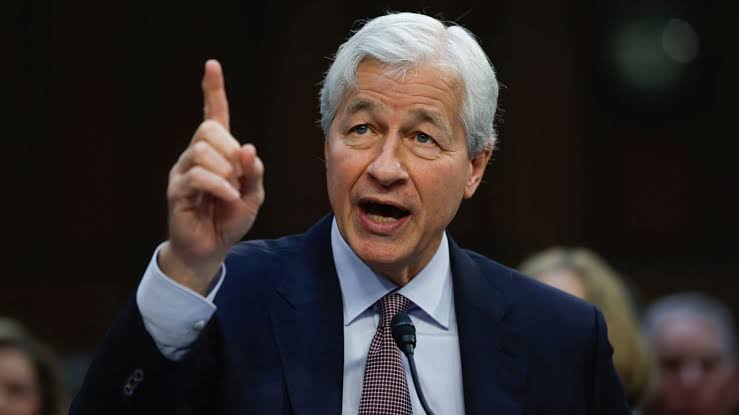









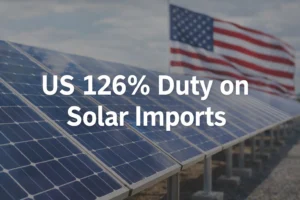







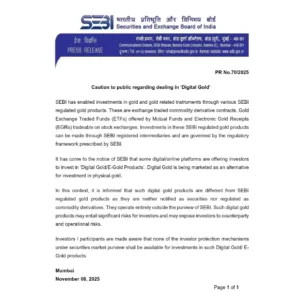

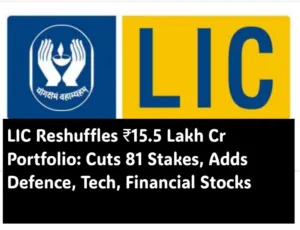


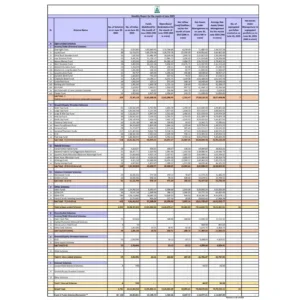
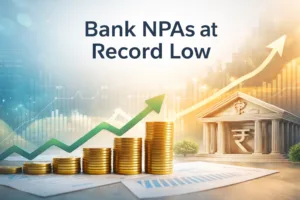


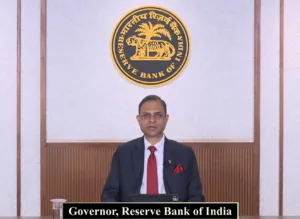




Be First to Comment